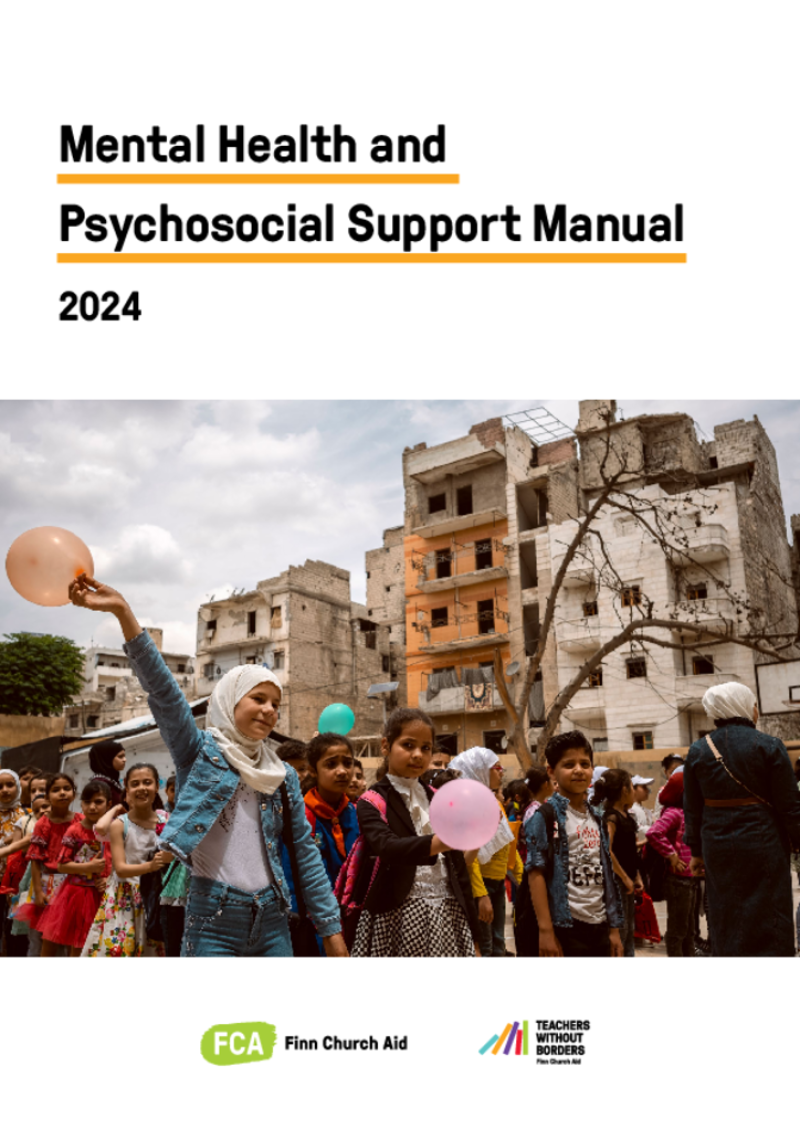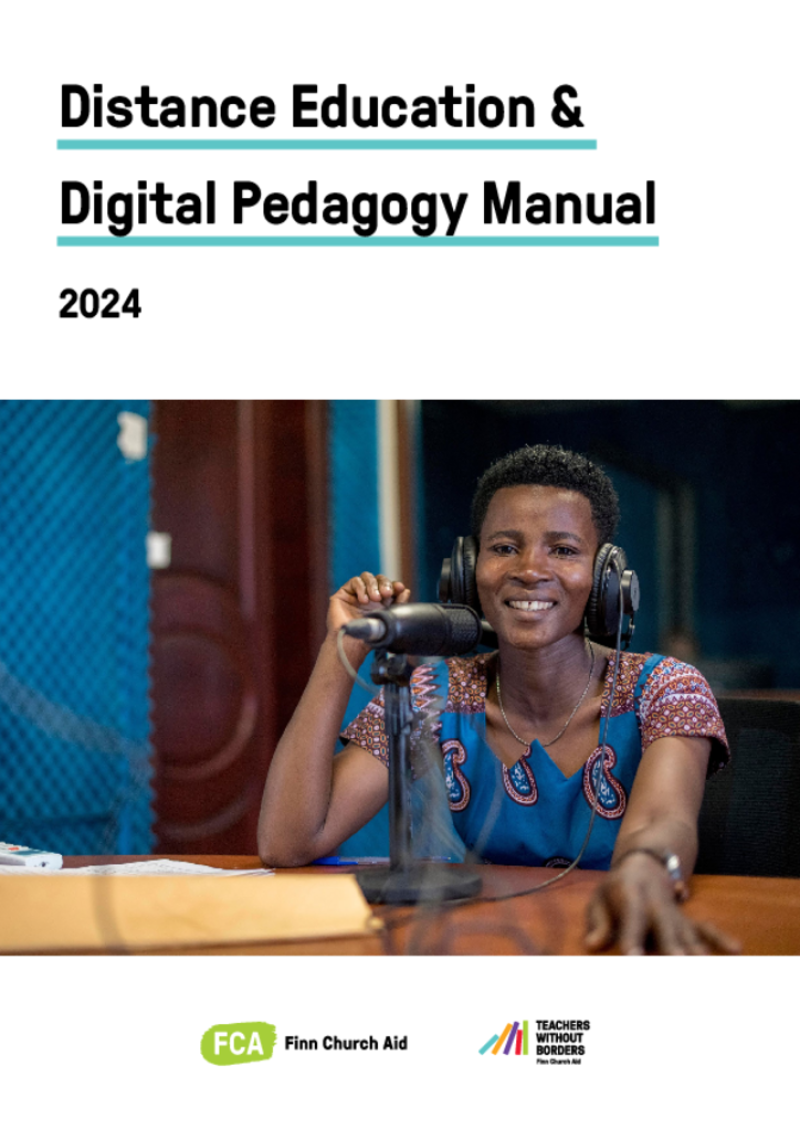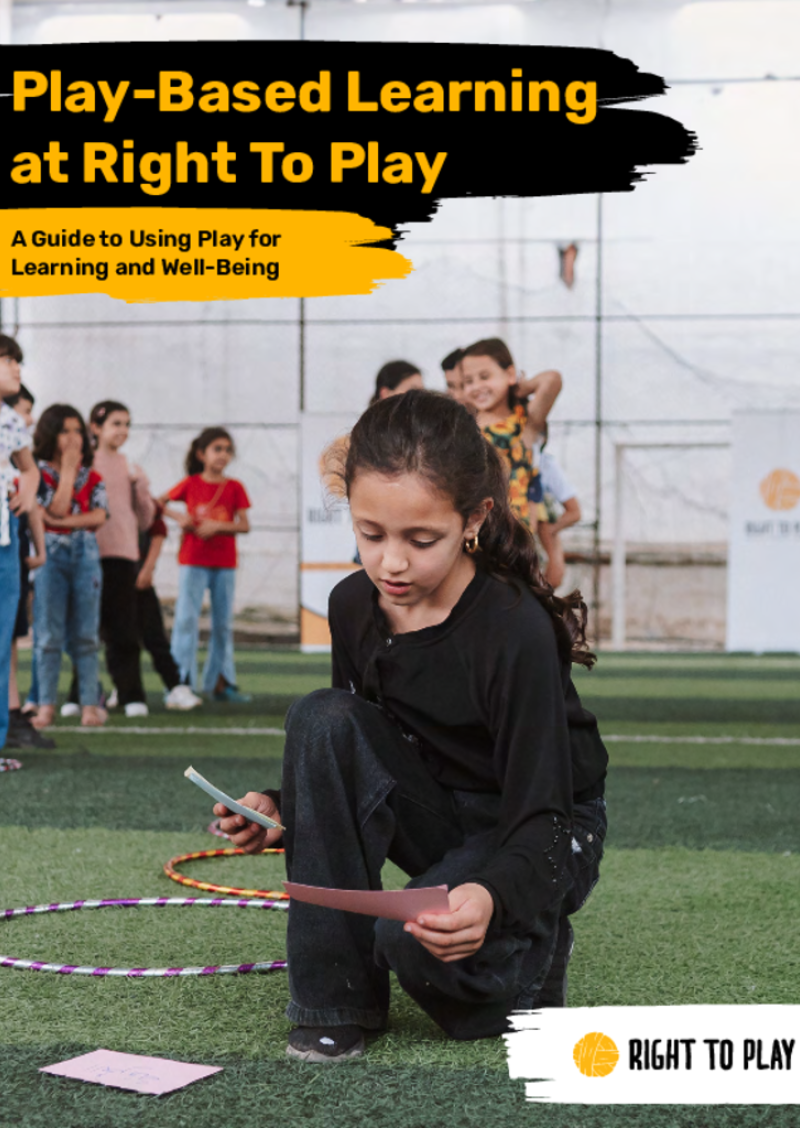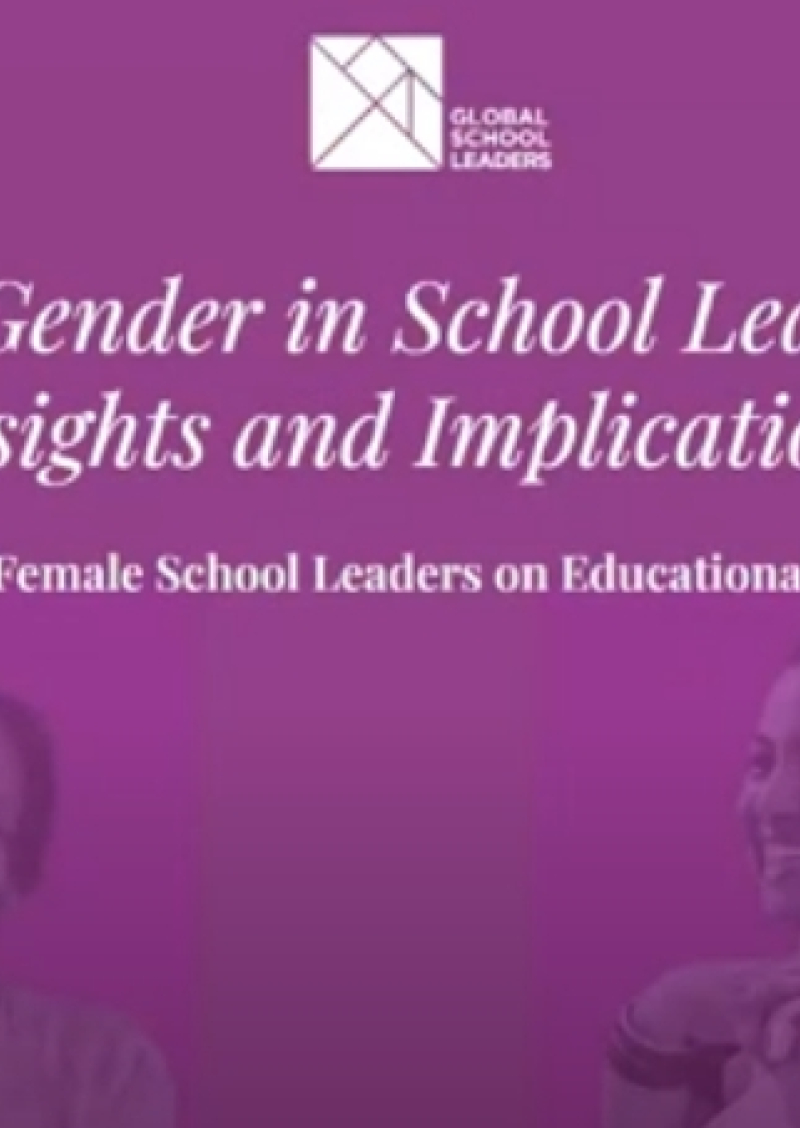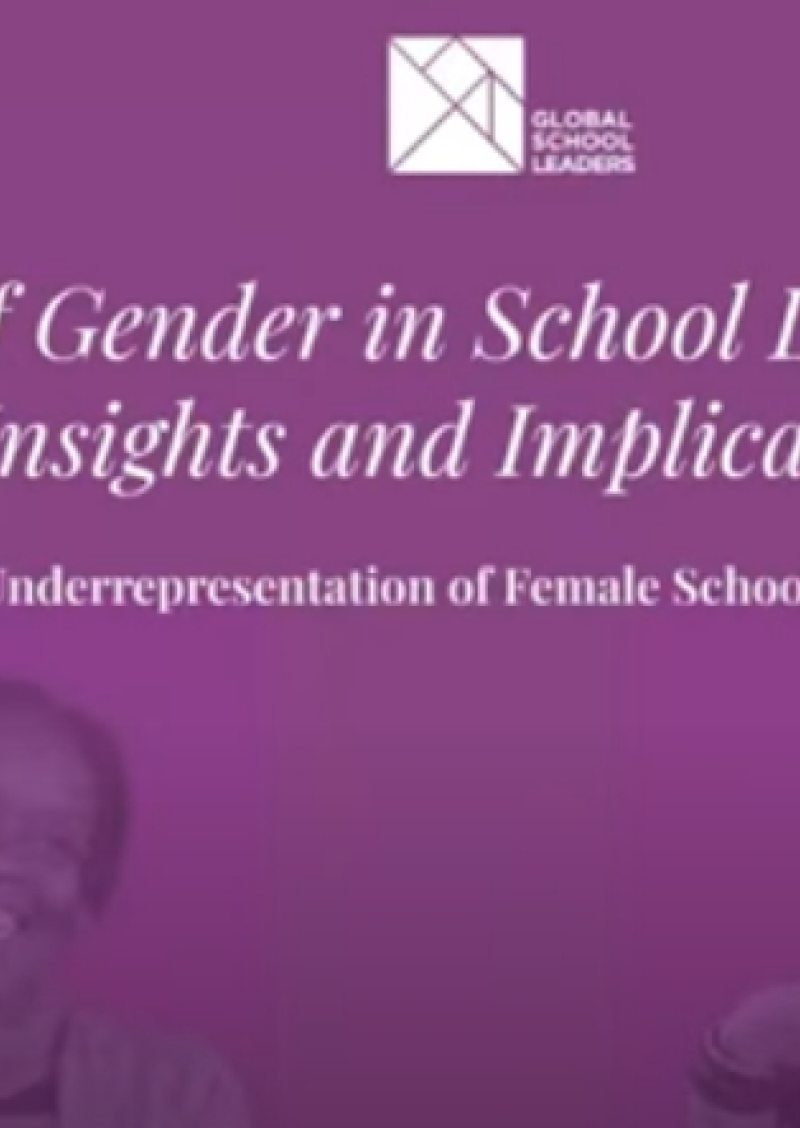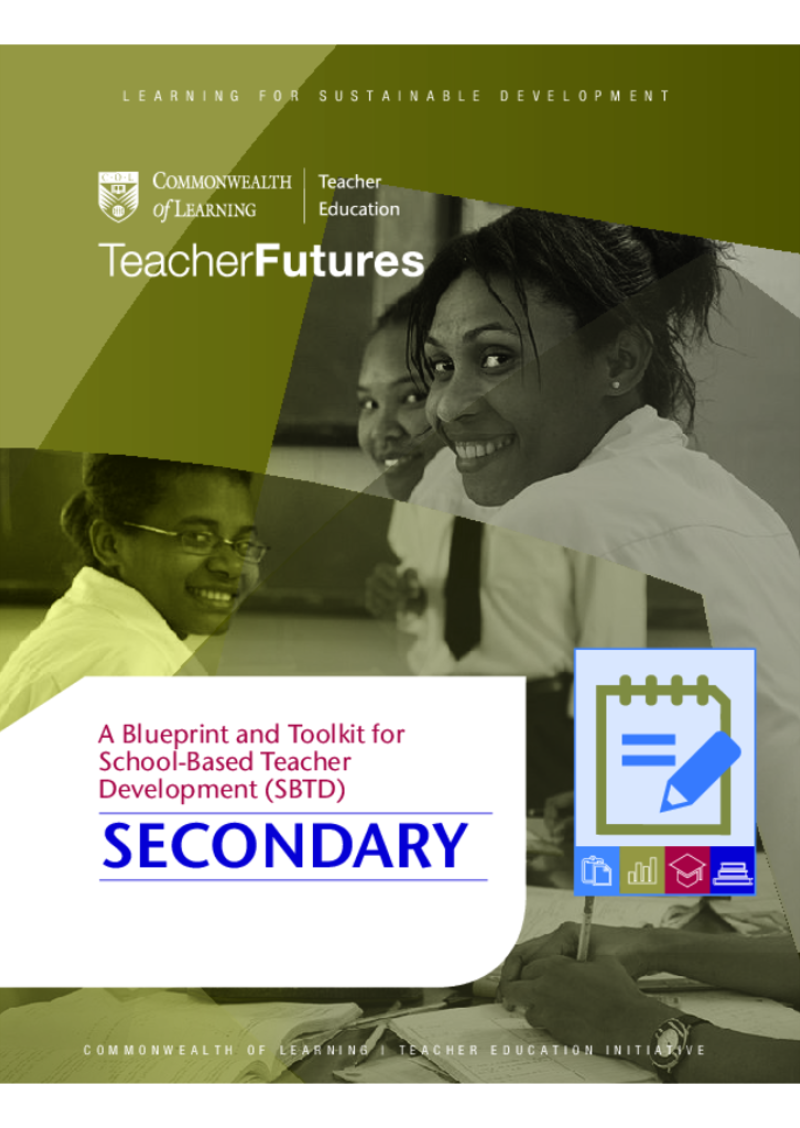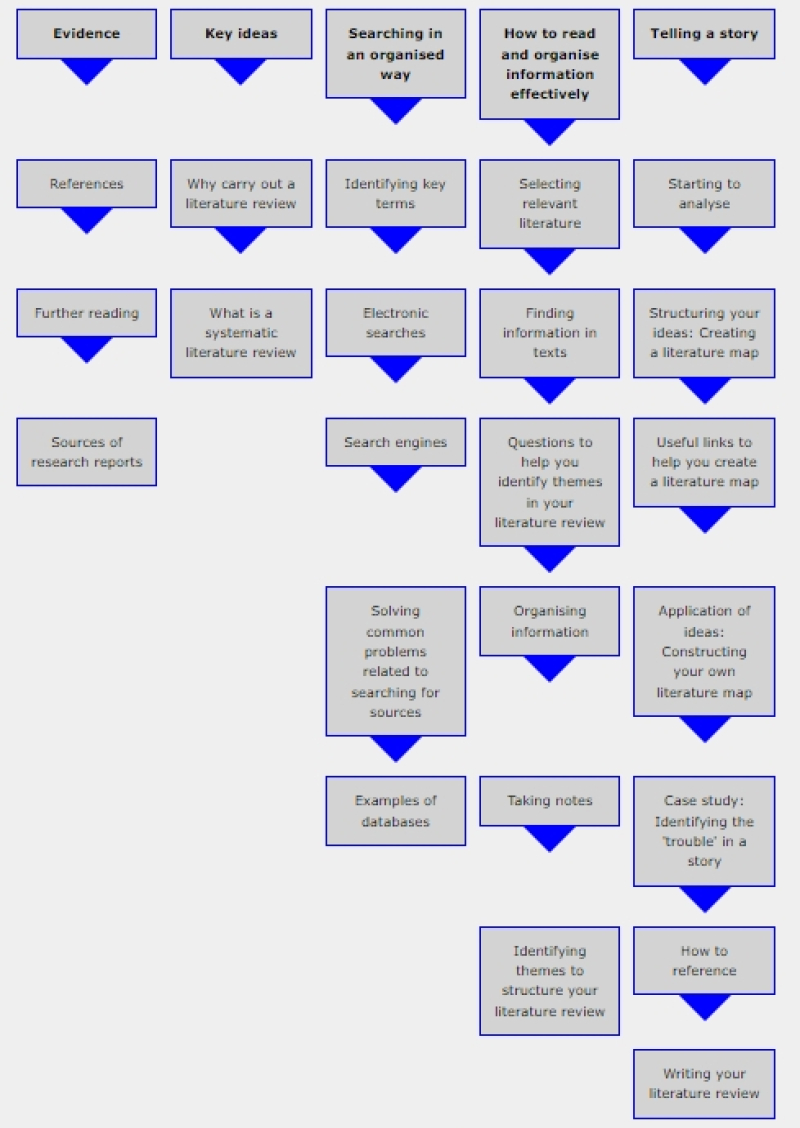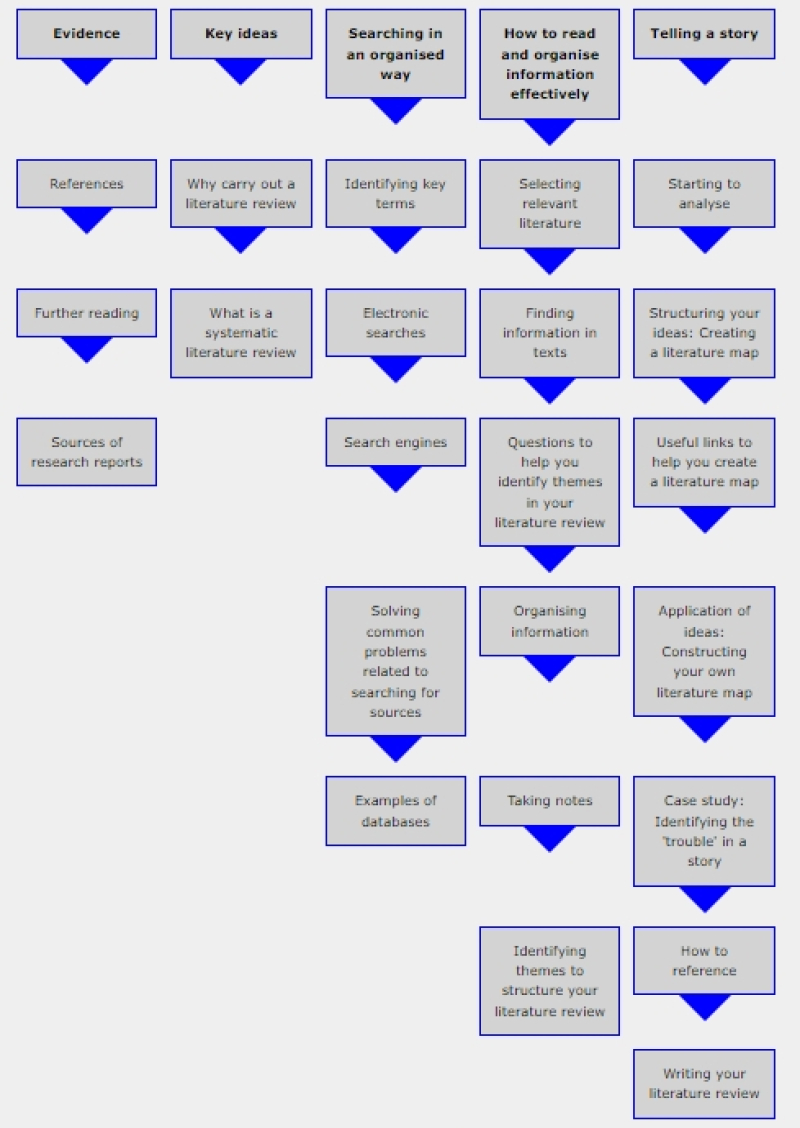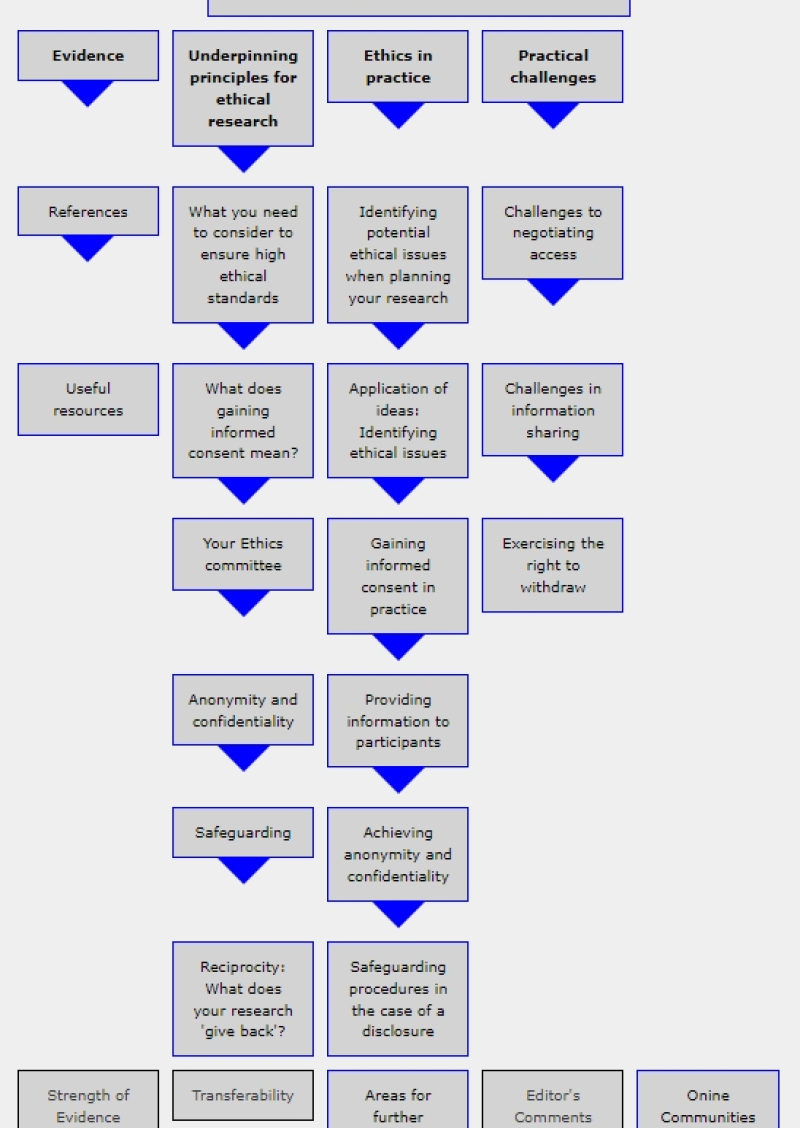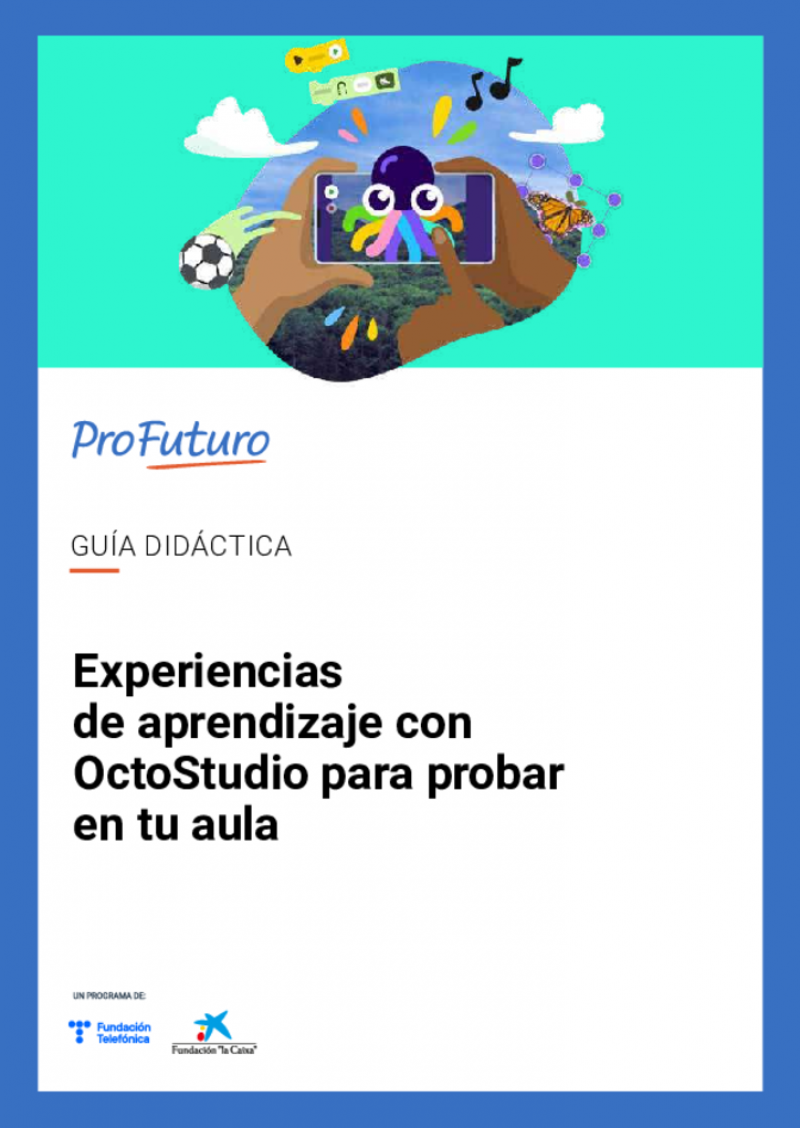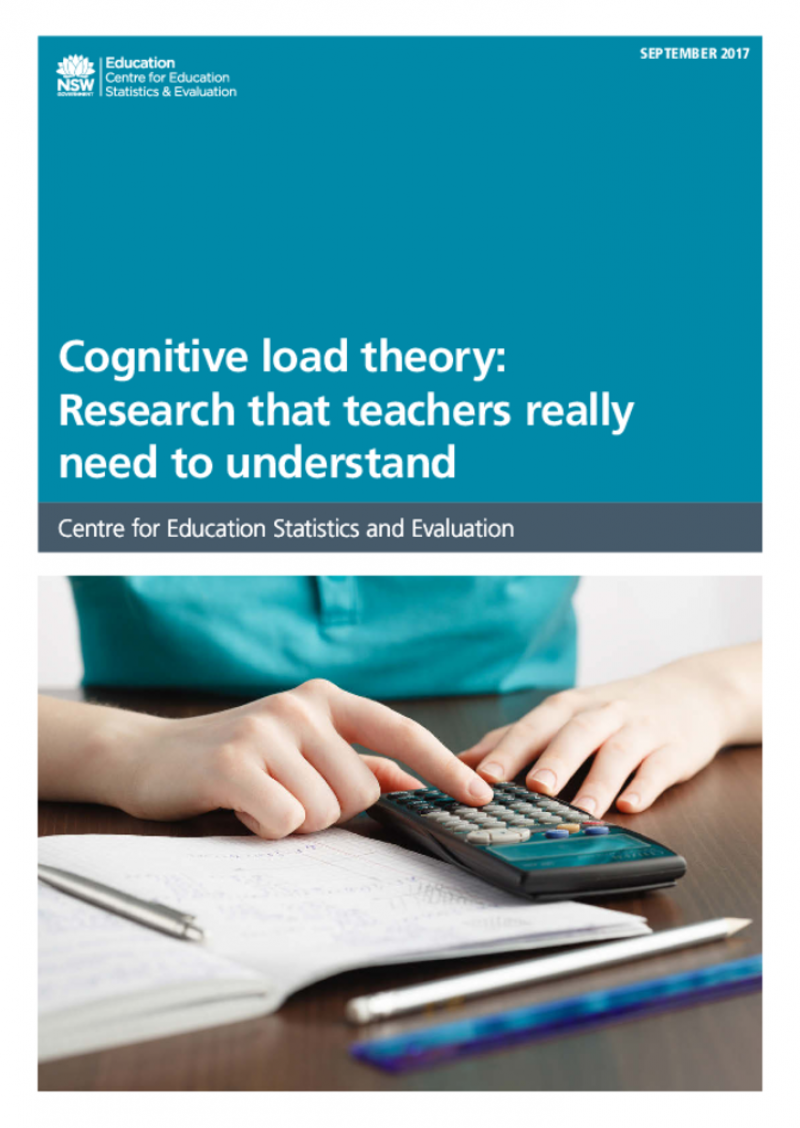Centro de Recursos para Docentes
Visualizar 1 - 17 de 17
FCA & TWB Mental Health and Psychosocial Support Manual
THIS TEACHER TRAINING MANUAL on Mental Health and Psychosocial Support (MHPSS) is developed by Finn Church Aid (FCA) and Teachers Without Borders (TWB) Finland. The manual contains guidance and practical steps for integrating elements of psychosocial support in the teaching and learning process. It is designed to be facilitated by trainers, local educators and community workers to the benefit of teachers, children and youth.
The training manual consists of six (6) training modules that can be used flexibly. The first three (3) modules are meant for supporting the teachers' wellbeing, and the last three (3) modules are meant for the classroom support for learners' wellbeing. The modules include the following sub-topics:
- Stress and relaxation
- Compassion
- How to identify and support learners with MHPSS concerns as a teacher
- Recreational activities for MHPSS
- Social and emotional learning
- Life skills
The content design allows you to pick individual modules or sessions and adapt the training content according to the context’s needs. We hope you find it useful!
FCA & TWB Distance Education & Digital Pedagogy Manual
This teacher training manual on Distance Education & Digital Pedagogy supports teachers and other education personnel’s continuous professional development in pedagogically high-quality distance education and remote learning especially in diverse, low resource contexts and is adaptable for use anywhere in the world.
The manual has been developed by Finn Church Aid (FCA) and Teachers Without Borders (TWB) Finland. The development of the training materials began already in 2020 as a response to the school lock-down situations caused by the COVID-19 pandemic, when teachers and learners quickly had to adapt to remote education modalities. Even though the pandemic has subsided, the need for quality distance education prevails. Ensuring the continuity of learning for all learners is critical in all contexts, even and especially during crisis situations.
The training manual consists of eight (8) training modules that can be used flexibly:
- Distance Education,
- Distance Education Modalities,
- Pedagogy of Digital and Distance Education,
- Psychosocial and Emotional Wellbeing,
- Learner-Centred Methods in Distance Education,
- Home Support – Parents and Caregivers’ Role and Collaboration,
- Inclusive Education, and
- Assessment and Evaluation.
The content design allows the trainer or facilitator to pick individual modules or sessions and adapt the training content according to the context and target group’s needs.
We hope you find it useful!
Unlocking Potential: How Generative AI Can Help Enhance Career Readiness
Generative AI has the potential to make career education more accessible and impactful by offering personalized guidance and automating routine tasks. By leveraging AI, educators can design more efficient, tailored learning experiences, ensuring that every student—regardless of background—has access to the knowledge, tools, and opportunities they need to prepare for future success.
Join us on October 29th at 2:00pm GMT, as Sumit shares insights from his action research on how Generative AI can enhance career readiness for students from underserved communities, highlighting how one can leverage technology like GenAI to bridge educational gaps and equip students with the skills needed to thrive in future careers.
Register here
A Guide to Using Play for Learning and Well-Being
Right To Play uses a variety of approaches to play to support children’s learning, development, and well-being, including sports, music, theatre, art, and play-based learning.
This document focuses on the play-based learning methodology and approach, and how it can be used for learning and development goals related to Right To Play’s core programmatic areas: early childhood care and education, primary education, gender equality and girls’ well-being, and psycho-social support.
Global citizenship education in a digital age: teacher guidelines
This publication has been designed both for new and experienced teachers, as well as other professionals working in non-formal education settings that engage with upper primary and secondary students.
Purpose:
1.By using principles of GCED, digital citizenship, and media and information literacy, the guidelines aim to build the capacities of teachers to prepare learners to understand the implications of global and digital transformations on education, and to build opportunities to practice ethical and responsible behaviours in physical and digital environments. They provide guidance on tapping into the positive potential of the digital transformation, including through new access to information, possibilities of connection, and the creation of tailored content.
2. Build learners’ capacities to think critically about the influences and content that they encounter and engage in creating in physical and digital spaces.
3. Shape learners’ understanding of global challenges and how they can contribute to the Sustainable Development Goals (SDGs) through globally oriented digital citizenship.
Free webinar: International Trends in Open and Distance Education
Massey University and Open Polytechnic present a free webinar with ICDE Secretary General, Torunn Gjelsvik. The Secretary General will discuss international trends in distance and open education related to access, equity and scalability. Dr Mark Nichols from Open Polytechnic, the President of ICDE, will also join the conversation, together with Professor Giselle Byrnes, Provost of Massey University. There will be an opportunity for questions at the end of the session
Role of Gender in School Leadership PART II: Impact of Female School Leaders on Educational Outcomes
Drawing from the 2024 Evidence Review on gender in school leadership (available here), the two-part webinar series “Role of Gender in School Leadership" aims to offer deep insights into effective strategies for fostering gender equity in educational leadership. Watch this webinar as practitioners, researchers and policymakers from the global education space unpack the potential of improving female representation in school leadership to enhance educational outcomes and foster inclusive learning environments. In this webinar Aashti Zaidi Hai talks to Eline Versluys, Sister Zeph, Franco Mosso, and Veronica Cabezas.
Role of Gender in School Leadership PART I : Underrepresentation of Female School Leaders- PART I
Drawing from the 2024 Evidence Review on gender in school leadership (available here), the two-part webinar series “Role of Gender in School Leadership" aims to offer deep insights into effective strategies for fostering gender equity in educational leadership. Watch this webinar with professionals, researchers, and policymakers to deep dive into the underrepresentation of female school leaders and explore actionable strategies for overcoming systemic barriers hindering gender equity in school leadership roles, and discuss ways to dismantle them. In this webinar Sonakshi Sharma talks with Vongai Nyahunzvi, Gala Díaz Langou y Michael Boakye-Yiadom.
Blueprint and Toolkit for School-Based Teacher Development: Secondary
Created by Bob Moon, this Blueprint and Toolkit offers guidance and resources to support a 12–15 week program. It provides a detailed framework that can be tailored to suit the specific needs of a country, region, district, or school. Aimed at institutions looking to strengthen school-based teacher development (SBTD) to enhance school performance and improve student achievement, this resource is available as Open Educational Resources (OER), making it accessible to policymakers and those involved in implementing teacher development systems.
"Section 4: The Teacher Toolkit: Secondary" is organised around ten key questions. In responding to each question, you will find general commentary on the issues involved and activities that you can try out with your classes. There are also some descriptions of other teacher’s experiences to provide further guidance for you. The accompanying Key Resources should be used alongside the Blueprint and Toolkit when working through each question. The most relevant Key Resources in each case are listed at the beginning of each question.
Research Methods: Developing your research design
This MESHGuide is designed to provide teachers with practical strategies to develop interesting and relevant research questions and to formulate a research design to engage in research-informed practice in their school or setting.
This MESHGuide draws on a range of key literature in the field of social science research, and it has been informed by lessons learned from the author's research. The guide aims to help teachers to:
- understand the purpose of a research design
- understand the significance of formulating a research question
- develop the initial focus of your research by exploring different potential starting points for this
- understand different ways of categorising research questions
- identify the characteristics of good research questions and apply these in practice
- develop and evaluate your own research questions
- operationalize your research aim so that you can develop appropriate research tools to answer your research questions by developing question-method connections in your own research
- improve your research data through understanding the nature of validity and reliability and exploration factors that could impact on these
Research Methods: Doing a literature review
This guide is designed to help teachers to:
- understand how to use other people’s writing to inform their own research;
- develop a strategy for carrying out a search of the literature;
- organise the themes logically;
- evaluate the research they read;
- think about the features of a reflective literature review and explore how to achieve this in practice
This MESHGuide draws on a range of key literature in the field of social science research. Also its design has been informed by lessons learned from the author's research, which has focused on the following areas:
- developing effective collaborative learning in science
- factors influencing learning through play in the early years
- student teachers’ engagement with research and its impact on their developing practice
- constructivist informed practice in science within initial teacher education
- creativity in learning and teaching.
Research Methods- Considering Ethics in your research
This MESHGuide draws on a range of key literature in the field of social science research ethics. It is designed to help teachers to:
- Understand the significance of ethical concerns in the research process
- Identify the nature of the ethical issues that may be of significance in the design and implementation of their research
- Develop their research design in a way that takes into account ethical considerations, so that their research is as ethical as possible
- Understand the complexity of the process of gaining informed consent and enable them to achieve this
- Reflect on the complexity of research ethics
Experiencias de aprendizaje con OctoStudio para probar en tu aula
Esta guía didáctica proporciona instrucciones detalladas sobre cómo descargar OctoStudio desde la web de ProFuturo, acompañadas de una introducción sobre cómo dar los primeros pasos en el uso de la aplicación. El objetivo principal es hacer que OctoStudio sea accesible para docentes de todos los niveles de experiencia tecnológica, facilitando así su implementación en entornos educativos diversos. OctoStudio es una aplicación desarrollada por el grupo Lifelong Kindergarten del MIT Media Lab que promete revolucionar la manera en que los educadores introducen la programación y el pensamiento computacional en las aulas.
Empoderar a los alumnos para crear sociedades justas: manual para docentes de educación secundaria
El presente manual tiene por objeto proporcionar a los docentes diversos recursos educativos relevantes y accesibles que pueden usarse tanto dentro como fuera del aula (resúmenes de actividades breves, planes de clase) dirigidos a transmitir los principios del estado de derecho a los alumnos de educación secundaria.
También pueden utilizarlo profesionales que trabajan en contextos educativos no formales o que están implicados con los jóvenes, por ejemplo, en asociaciones deportivas, en organizaciones comunitarias, que hacen trabajo social y en el sector de justicia.
El manual para educación primaria se encuentra aquí.
Empoderar a los alumnos para crear sociedades justas: manual para docentes de educación primaria
El presente manual tiene como objetivo proporcionar a los docentes diversos recursos educativos relevantes y accesibles que pueden usarse tanto dentro como fuera del aula (resúmenes de actividades breves, planes de clase) dirigidos a transmitir los principios del estado de derecho a los alumnos de educación primaria.
También pueden utilizarlo profesionales que trabajan en contextos educativos no formales o que están implicados con los jóvenes, por ejemplo, en asociaciones deportivas, en organizaciones comunitarias, que hacen trabajo social y en el sector de justicia.
El manual para educación secundaria se encuentra aquí.
Recommendations for teaching and learning about the Holocaust
Benefiting from the expertise of delegates from more than 30 member countries, the IHRA Recommendations for Teaching and Learning about the Holocaust are intended to provide a basis for policymakers, practitioners, and educators that will help them:
1. Develop knowledge of the Holocaust, ensuring accuracy in individual understanding and knowledge and raising awareness about the possible consequences of antisemitism;
2. Create engaging teaching environments for learning about the Holocaust;
3. Promote critical and reflective thinking about the Holocaust including the ability to counter Holocaust denial and distortion;
4. Contribute to Human Rights and genocide prevention education
Cognitive load theory: Research that teachers really need to understand
To improve student performance, teachers need to understand the evidence base that informs and helps improve their practice. An area of research with significant implications for teaching practice is cognitive load theory.
This paper describes the research on cognitive load theory and what it means for more effective teaching practice. The first part of the paper explains how human brains learn according to cognitive load theory, and outlines the evidence base for the theory. The second part of the paper examines the implications of cognitive load theory for teaching practice, and describes some recommendations that are directly transferable to the classroom.
